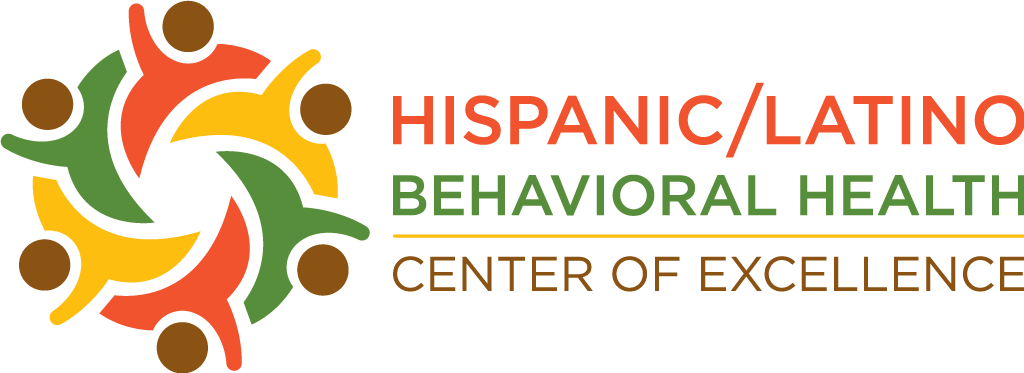
Latines and Suicide Prevention Resource Guide
Embedding Equity and Building the Suicide Prevention Workforce for Underserved Communities Technical Experts Panel
The Latine LGBTQ+ community encompasses a diverse range of identities, experiences, and cultures. Concurrently, Latine LGBTQ+ individuals often face intersectional discrimination related to their ethnic, gender, and sexual identities, resulting in added stressors and increased risks of mental health challenges, including substance use, depression, and suicide.
This panel discussed disparities among Latine LGBTQ+ individuals and emphasized the importance of adopting a multifaceted approach that acknowledges the intersections of identity, culture, and social determinants of health. Experts in the field discussed perspectives and approaches on how providers and community-based organizations can implement culturally sensitive and responsive care practices that are attuned to the strengths, contexts, and experiences of Latine LGBTQ+ communities and seek to advance behavioral health equity.
Speakers:
David Zelaya, Ph.D.
Carlos A. O. Pavão, DrPH, MPA
Alison Cerezo, Ph.D.
Moderator:
Miguel Vázquez, Psy.D.